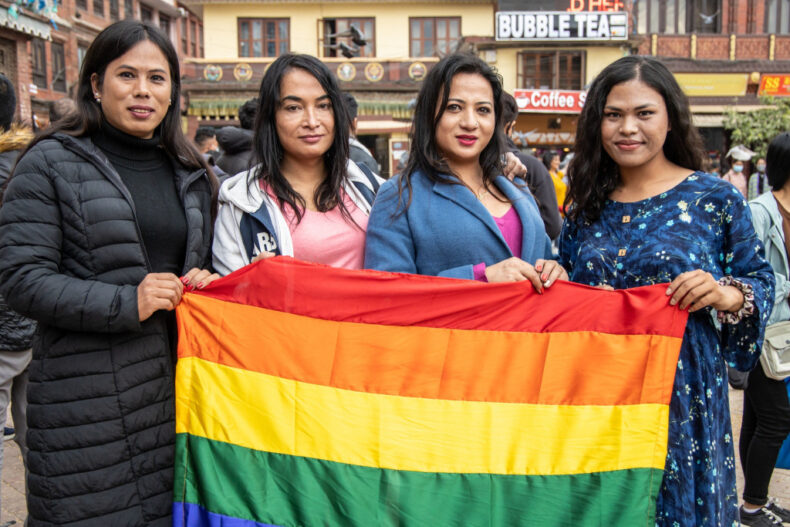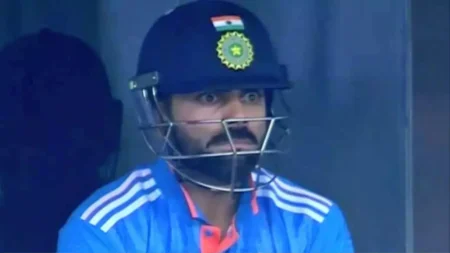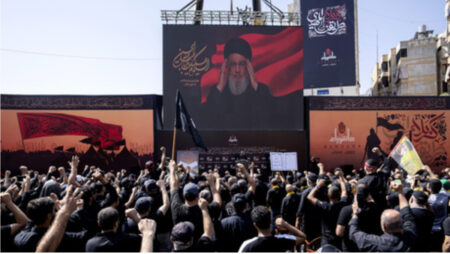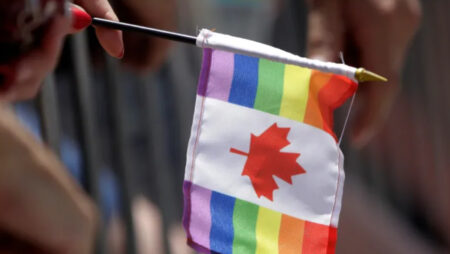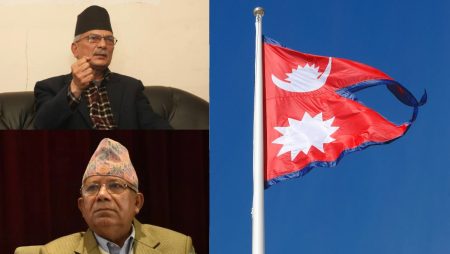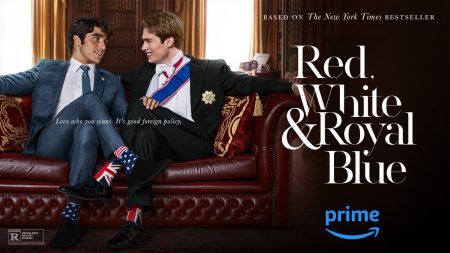Sunil Babu Pant, South Asia’s first openly gay legislator, discusses the road to equality and why LGBTI marriage registration is a significant victory.
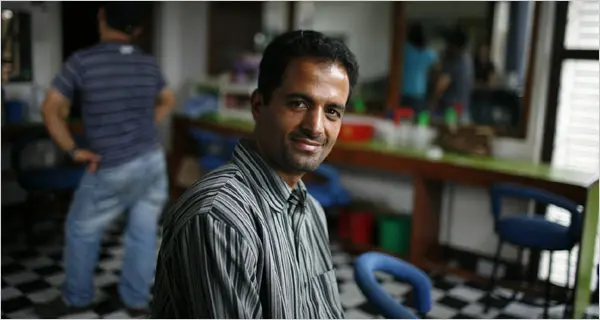
The Nepal Supreme Court reiterated the right to marry granted to the Lesbian, Gay, Bisexual, Transgender, and Intersex (LGBTI) community in 2007 by passing an interim order on June 28 directing the Office of Prime Minister and Council of Ministers (OPMCM) and other concerned ministries to establish a transitional mechanism to ensure the registration of marriages for non-heterosexual couples.
The court likewise gave a show of notice to the public authority and looked for a reaction in no less than 15 days making sense of for what reason its orders given a long time back had not been followed. It guided the public authority to lay out a different register of relationships till essential corrections were made to the arrangements connected with marriage and enrolled relationships inside the current Common Code that mainly grants marriage between a man and a lady.
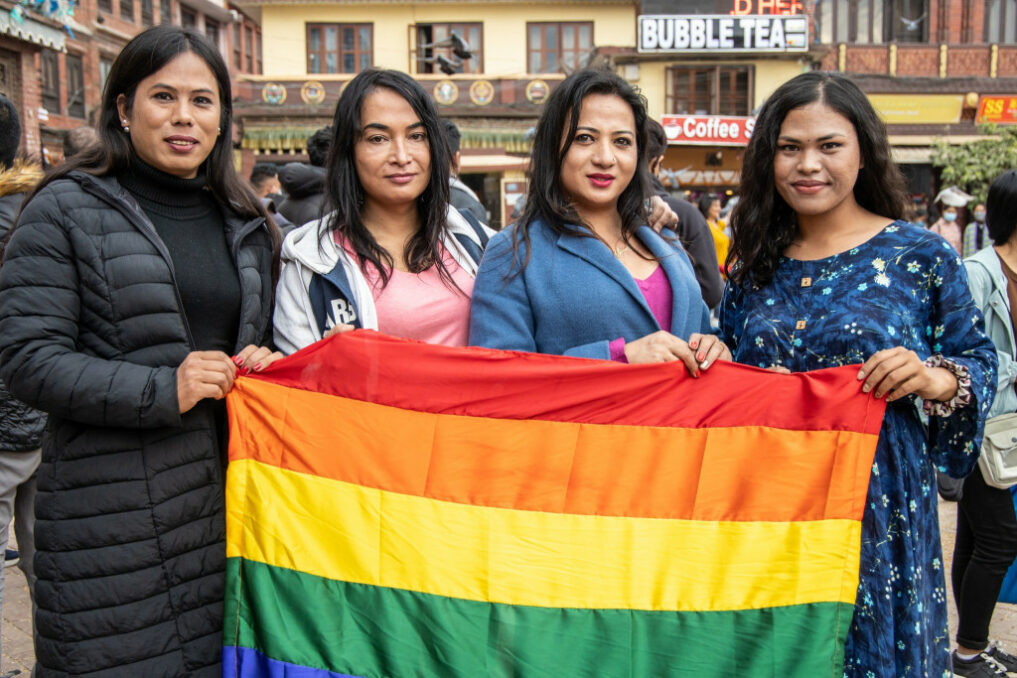
The most recent request arose after Pinky Gurung, leader of Nepal’s lead LGBTI privileges association, Blue Diamond Society (BDS), along with eight different candidates documented a request in the court on June 7. The request argued for the court’s mediation expressing that the local area couldn’t stand by endlessly for the Parliament to figure out regulations that were as per the orders passed by the court.
All members of the queer community were granted equal rights, including the right to non-discrimination based on sexual orientation and gender identity, in a landmark ruling issued by the Supreme Court in 2001. It also instructed the government to establish a committee to investigate same-sex marriage from the perspectives of LGBTI people, their families, and society as a whole. A report that recommended same-sex marriage in Nepal was published in 2015 by a committee established by the Constituent Assembly. Nonetheless, the public authority concocted no regulation allowing this. Going against the norm, its Considerate and Criminal codes proceeded to attribute marriage as existing between the double sexes of man and lady.
The 2007 judgment was the consequence of a request recorded by BDS pioneer Sunil Babu as well as three other activists.
The journey of same-sex rights in Nepal is discussed by Hindustan Times with Pant, who was elected to the Nepali Parliament from 2008 to 2012, making him the first openly gay lawmaker in South Asia.
What does the most recent order from the Supreme Court mean for Nepali same-sex couples?
Pant: The June 28 order has a significant impact on the sexual and gender minority communities. It is extremely valuable and makes one feel proud to be a Nepalese citizen. It would appear that the Supreme Court is somewhat enraged at Parliament and the government for failing to carry out the order it issued 15 years ago. The Court comprehended our argument that Parliament cannot delay providing citizens with rights.
What was the request that the court spent quite a while back?
Pant: In 2007, when I was going to Blue Diamond Society, a couple of associations got together and requested the High Court requesting finish state-supported viciousness against individuals from the LGBT people group, especially transsexual people. We also asked the court to tell the government to get rid of or change discriminatory laws, to acknowledge transgender people’s gender identity, and to recognize our rights, such as marriage equality. This was when Nepal was going through political strife and a highly sensitive situation.
Recognizing that there are more gender identities than just men and women, the court issued an extraordinary order requesting the repeal of all discriminatory policies and laws. It also directed the government to establish a committee to investigate the social and legal implications of same-sex marriage in Nepal. A board was set up and it was going by the central secretary from the Wellbeing service. In 2015, it submitted a report recommending full marriage rights.
There were no members of the LGBT community on the committee. It spoke with all of the religious leaders in this area, as well as members of other marginalized communities, such as LGBTI individuals, academics, professors, common householders, and politicians: the entire spectrum of social actors. Additionally, they travelled to nations where same-sex marriage was permitted.
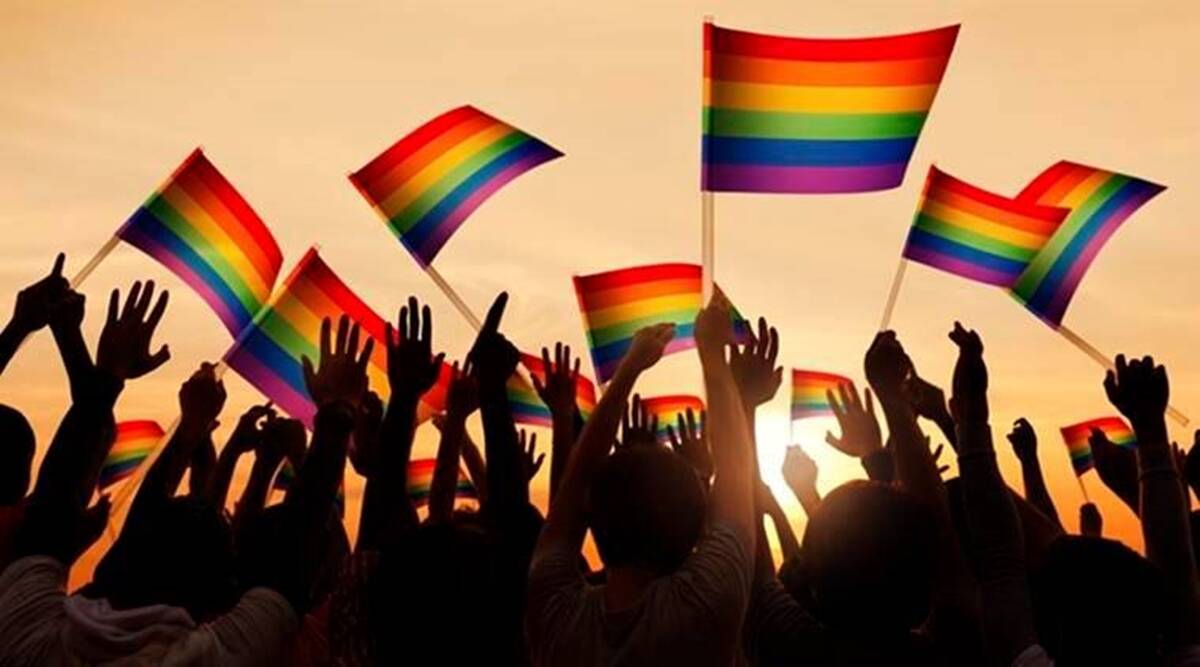
Were there any naysayers around then to this thought of same-sex marriage?
Pant: Luckily, not the kind of exceptionally amazing resistance we find in India. We don’t have many right-wing parties or leaders. Although probably fewer in number than the LGBTI community itself, these individuals, unfortunately, project a very conservative image of the Hindu religion on us.
You and others were compelled to file a petition in 2007 due to the discriminatory laws and violence that LGBTI people were subjected to. Could you briefly describe the community’s circumstances before your establishment of Blue Diamond Society in 2001.
Pant: Because we were, you know, going through such turmoil, 2007 was a turning point for us. When we registered the Blue Diamond Society, Nepal’s first LGBTI rights organization, in 2001, the country’s royal family was murdered, and it became an autocracy. The Parliament was broken up. In 2003, a state of emergency was declared, and security personnel stormed the streets. Both the Maoists and the third-gender population engaged in a great deal of violence against them. The situation was dire even in Kathmandu. I would go three or four times a week to help transgender people who were being held by the police for some reason. It was what was going on made by the state and the security powers had exemption. At the point when you don’t have a vote-based system, this occurs.
We joined a populist, pro-democracy movement that started in 2006, which helped us connect with a few political parties that were very open to us. After the peace agreement was signed in New Delhi, a temporary Parliament was set up and asked for ideas for the Constitution. We asked that LGBTI freedoms be remembered in the Constitution, however, our ideas were not even postponed.
We decided then to move the court. In something like eight months of our request, we got a fabulous choice that expressed plainly that LGBTI individuals are “normal”; all people ought to have their orientation character set apart into the citizenship ID and visa; Policies and laws that discriminate against LGBTI people should be changed; furthermore, a board to concentrate on the plausibility of same-sex marriage ought to be set up.







